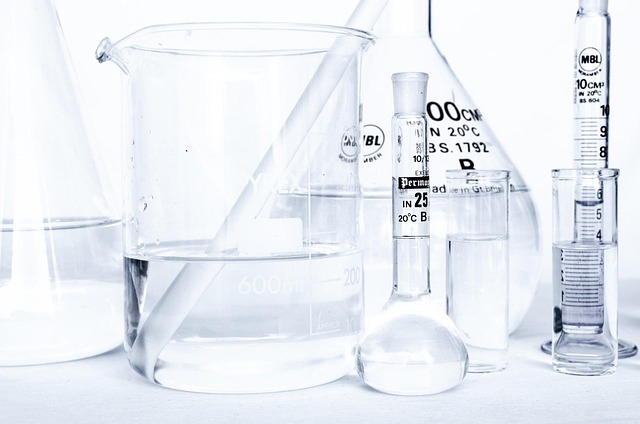
Pharmaceutical Chemistry: An Overview
Pharmaceutical chemistry is a vital field that merges the principles of chemistry with the practical aspects of pharmacy. This discipline is primarily concerned with the design, synthesis, and development of pharmaceutical drugs. It plays a crucial role in ensuring that new chemical entities are not only effective but also safe for therapeutic use.
Key Components of Pharmaceutical Chemistry
The study of pharmaceutical chemistry encompasses several key areas:
- Medicinal Chemistry: This aspect focuses on the identification and development of new drugs. Medicinal chemists work to understand the structure-activity relationships (SAR) of compounds, which helps in predicting how changes in chemical structure can affect biological activity.
- Quality Assurance: Pharmaceutical chemistry also emphasizes the quality of medicines. This includes ensuring that drugs meet regulatory standards and are fit for their intended purpose.
- Interdisciplinary Approach: The field integrates various scientific disciplines, including biochemistry, molecular biology, pharmacognosy, and pharmacology. This interdisciplinary nature allows for a comprehensive understanding of how drugs interact within biological systems.
- Computational Chemistry: Modern pharmaceutical chemistry increasingly relies on computational methods to model and predict the behavior of drugs. This can streamline the drug development process and reduce the time and cost associated with bringing new medications to market.
The Drug Development Process
The journey from a chemical compound to an approved drug involves several stages:
- Discovery: Initial research identifies potential drug candidates through screening and synthesis of new compounds.
- Preclinical Testing: Before human trials, compounds undergo rigorous testing in laboratories and animal models to assess their safety and efficacy.
- Clinical Trials: Successful candidates then enter clinical trials, which are conducted in phases to evaluate their effects in humans.
- Regulatory Approval: After successful trials, the drug must receive approval from regulatory bodies, ensuring it meets safety and efficacy standards.
- Post-Marketing Surveillance: Even after approval, drugs are monitored for long-term effects and any adverse reactions that may arise in the general population.
Importance of Pharmaceutical Chemistry
Pharmaceutical chemistry is essential for several reasons:
- Innovation: It drives the discovery of new drugs that can treat diseases more effectively and with fewer side effects.
- Public Health: By ensuring the quality and safety of medications, pharmaceutical chemistry contributes significantly to public health outcomes.
- Economic Impact: The pharmaceutical industry is a major economic driver, and advancements in pharmaceutical chemistry can lead to new markets and job creation.
- Global Health Challenges: As new diseases emerge and existing ones evolve, pharmaceutical chemistry is at the forefront of developing solutions to these challenges.
Conclusion
In summary, pharmaceutical chemistry is a dynamic and essential field that combines various scientific disciplines to improve health outcomes through the development of safe and effective drugs. Its interdisciplinary nature and focus on quality assurance make it a cornerstone of modern medicine.

















 The Educators Handbook
The Educators Handbook 
 Health
Health  Fitness
Fitness  Lifestyle
Lifestyle  Tech
Tech  Travel
Travel  Food
Food  Education
Education  Parenting
Parenting  Career & Work
Career & Work  Hobbies
Hobbies  Wellness
Wellness  Beauty
Beauty  Cars
Cars  Art
Art  Science
Science  Culture
Culture  Books
Books  Music
Music  Movies
Movies  Gaming
Gaming  Sports
Sports  Nature
Nature  Home & Garden
Home & Garden  Business & Finance
Business & Finance  Relationships
Relationships  Pets
Pets  Shopping
Shopping  Mindset & Inspiration
Mindset & Inspiration  Environment
Environment  Gadgets
Gadgets  Politics
Politics 